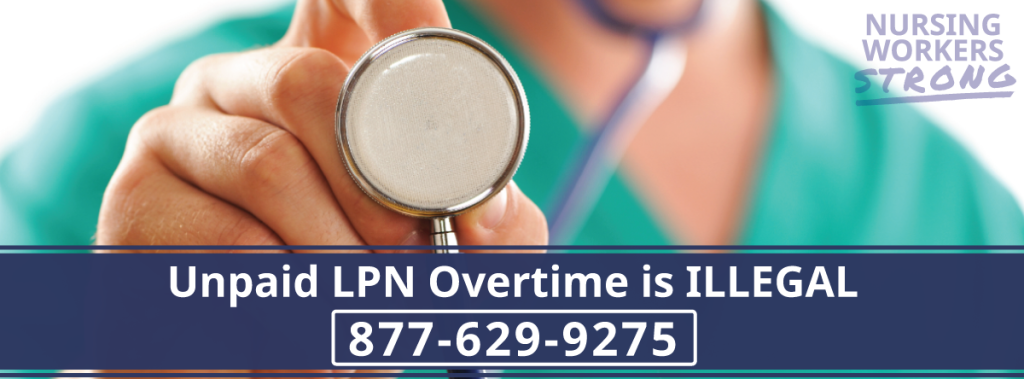How much you deserve for your extra hours depends on how much you make regularly. If you get paid an hourly wage, your overtime rate will be one-and-a-half times that for any hours you work over 40 in a week.
These calculations can get pretty specific; if you get paid a bonus one week, and also work overtime during that week, your bonus might have to be included in figuring out your overtime wage.
The 3 Step Test To Know If You Deserve Overtime Pay
Some nurses, notably registered nurses, are exempt from the FLSA’s wage and hour protections because of their more extensive formal educations. Since an advanced degree isn’t usually required to work as a licensed practical nurse, most LPNs won’t fall under this “learned professional” exemption themselves.
In rare circumstances, an LPN will be properly classified as a “professional” according to federal law. “Professionals” aren’t entitled to overtime wages. Here’s how to know if you’re exempt or not:
1. You Make A Salary
In most cases, that amount can’t be reduced for any reason: if you work at all during a week, you need to get paid your full salary that week. Employers can’t call you a “salaried employee” and then reduce that salary based on the quality of your work, either.
2. You Make At Least $455 Per Week
3. You've Gained Advanced Knowledge In Your Field
But to be a “learned professional,” it’s what you do at work, and what allows you to do it, that really matters.
Your primary duties need to:
- require advanced knowledge
- be mainly “intellectual” in nature
- require the consistent exercise of “independent judgment”
Usually, the type of “advanced knowledge” the FLSA is talking about is acquired “by a prolonged course of specialized intellectual instruction.” The majority of courts use advanced degrees (beyond undergraduate) as a yardstick for this sort of knowledge.
3 Common Overtime Scams That Hurt LPNs
That’s the law on overtime for LPNs, but it’s not always followed to the letter. In fact, workers in nursing are extremely vulnerable to wage and hour violations. Here are three common scams that might be stealing right out of your pockets.
1. Working Through Breaks
It’s common practice in the healthcare industry to automatically deduct the length of a scheduled break from an LPNs hours worked. That’s not illegal, as long as your employer takes into account those breaks you have to work through.
But how often does that happen? More often than not, nurses end up working through their lunch or rest breaks, but don’t get paid for it! Every minute you work counts toward your hours and overtime wages.
2. Being A Nurse Makes You Ineligible For Overtime
It’s amazing how brazen employers can be. We’ve spoken to hundreds of LPNs who were just lied to about their exemption status.
Many nurses are told that because they work in healthcare, a field that requires special knowledge, they can’t make overtime. As we’ve seen, the “learned professional” exemption is pretty narrow, and almost never applies to licensed practical nurses.
3. Home Or Hospital?
It doesn’t matter anymore.
Some health care employers used to classify licensed practical nurses who cared for elderly or disabled patients in private homes as exempt under the FLSA’s “companionship” exemption. That’s no longer possible.
A new guidance from the Department of Labor’s Wage & Hour Division says clearly:
“Trained personnel such as nurses, whether registered or practical, are not exempt from minimum wage and overtime under the exemption for companions, but registered nurses may be exempt as professionals.”
That’s a big change to a complex law, and it’s unclear whether or not every employer has come into compliance yet. Some LPNs who work in private homes may still not be getting the overtime they’ve earned.
Very Helpful! Wage Advocates were easy to work with and extremely informative. I understood what was happening each step of the way."Rating: 5.0 ★★★★★
